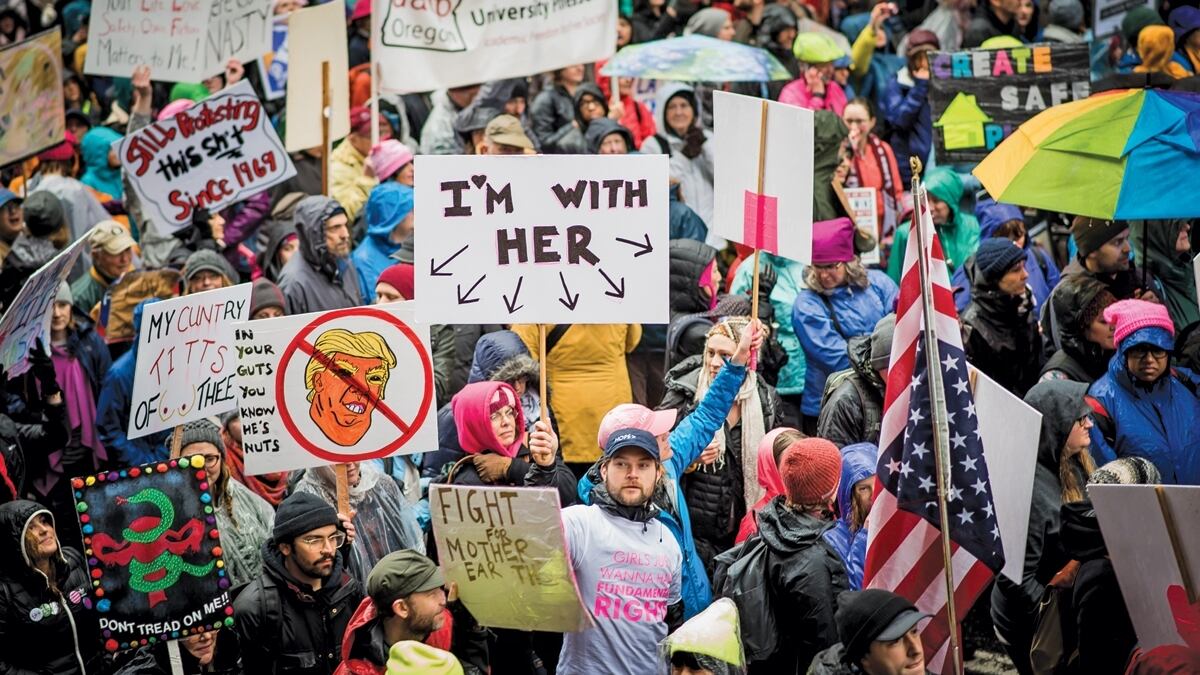Anti-abortion forces last week gained approval to begin gathering signatures for a 2018 ballot measure that would prohibit the use of public funds to pay for abortions.
The anti-abortion measure is the second to qualify to begin gathering signatures, following an earlier initiative that would limit ballot access.
Although both have a long way to go before they make the ballot, they suggest a potential return to the culture wars between conservative and progressive Oregonians of previous decades.
The 47 pages of comments submitted to the secretary of state's office about the proposed ballot give a taste of the battle to come.
Related: A New Ballot Initiative Would Require Voters to Prove Citizenship Before Voting.
The proposed new measure, Initiative Petition 1, is similar to proposals brought forward in 2014 and 2016. Last year, the chief petitioners, Jeff Jimerson, Marylin Shannon and Suzanne Belatti, who are this year's chief petitioners as well, began gathering signatures but did not qualify for the ballot.
A City Club of Portland analysis of the 2014 measure found that the state then paid for about 4,000 abortions a year for women on the Oregon Health Plan.
A Kaiser Family Foundation study last year found that 17 states use public funds to pay for abortions.
The number of abortions women in Oregon obtain in total is in long-term decline.
State figures show that the number overall—for privately and publicly-paid abortions—fell from 13,928 in 1989 to 8,216 in 2016, a drop of 41 percent, even as the state's population increased by about the same percentage as the number of abortions declined.
Proponents now have about 15 months to gather 117,578 valid signatures needed to qualify a constitutional amendment for the November 2018 ballot.

